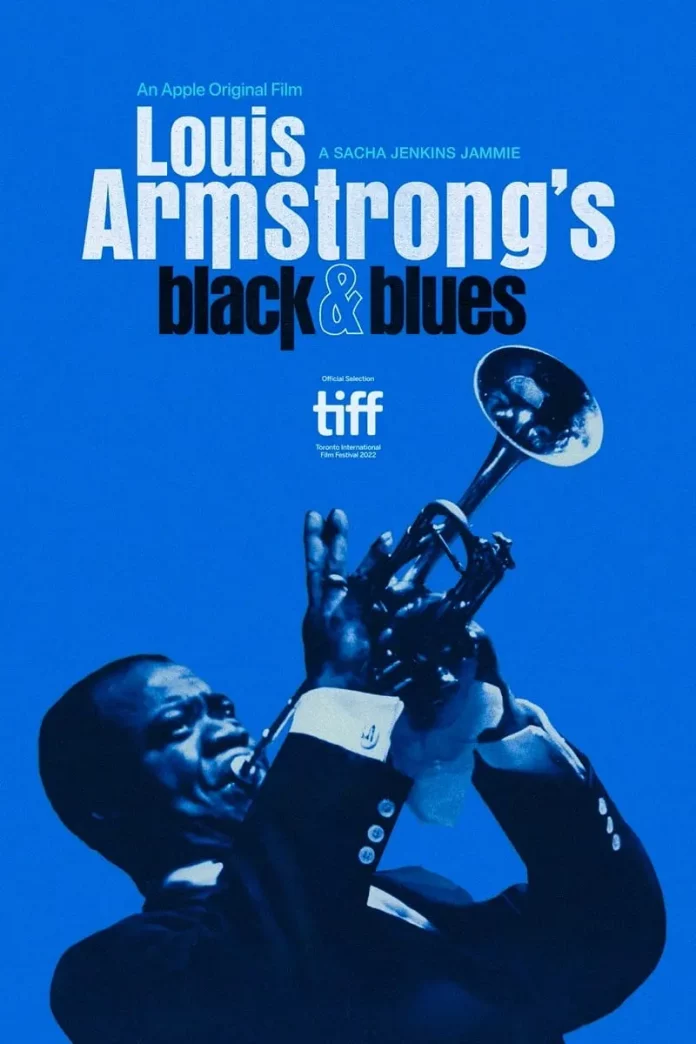If it’s a declaration of intent to have one giant introduced by another then this documentary got off to a flying start when it kicked off by having Orson Welles – presumably hosting his own chat show – giving Satchmo a big build-up and then bringing him on. What follows is 106 minutes of fascinating to riveting footage, whether your knowledge of Armstrong begins and ends with It’s A Wonderful World or whether you’re a bona-fide jazz buff.
Sacha Jenkins has crammed so much material into this valentine to Armstrong that it feels twice as long as it actually is and still leaves punters like me hungry for more. It’s not enough that we hear from every one from Jelly Roll Morton to Artie Shaw but Jenkins has trawled through the archives like a kid let loose in a chocolate factory and regales us with yellowing clippings and black and white photographs from the years when jazz was not only still “jass” but still in diapers.
Even though I’m fully paid-up smart ass who’s known for years that Armstrong introduced the Harry Warren-Johnny Mercer song Jeepers Creepers when he played a groom and sang it to a horse in the film Going Places in 1938, I’ve never actually seen the film. Yet Jenkins contrives to include a clip of Satch serenading the nag – one of dozens of similar nuggets.
One of the strengths of the film is that it contrives to appear comprehensive whilst omitting and/or ignoring salient facts: for example, Armstrong married four times but of wives #1 (Daisy Parker) and #3 (Alpha Smith) there is nary a whisper. Wife #2, Lil Hardin. does make it briefly under the wire but it’s wife #4, Lucille Watson, who gets the lion’s share of screen time – perhaps fitting given that they were married for 29 years and still together when he died. Similarly, a discreet veil is drawn over his slammer time in the wake of a drugs conviction.
The last third of the film is taken up with the civil-rights movement and the stick Armstrong received from fellow blacks who thought that given his position and clout he should have taken a far more active part and become a campaigner; this is, however, leavened by the stance he took against Eisenhower, castigating him for not doing more for black people.
Overall, this is a fine film chronicling the life and career of a supreme entertainer whose humanity permeates every frame.
Louis Armstrong’s Black & Blues is an Apple Original Film released in autumn 2022 and available to view on Apple TV+ and in selected cinemas. IMDb host the trailer. Apple say of the 106-minute film: “Louis Armstrong’s Black & Blues offers an intimate and revealing look at the world-changing musician, presented through a lens of archival footage and never-before-heard home recordings and personal conversations. This definitive documentary, directed by Sacha Jenkins, honours Armstrong’s legacy as a founding father of jazz, one of the first internationally known and beloved stars, and a cultural ambassador of the United States. The film shows how Armstrong’s own life spans the shift from the Civil War to the Civil Rights movement, and how he became a lightning rod figure in that turbulent era.”
















